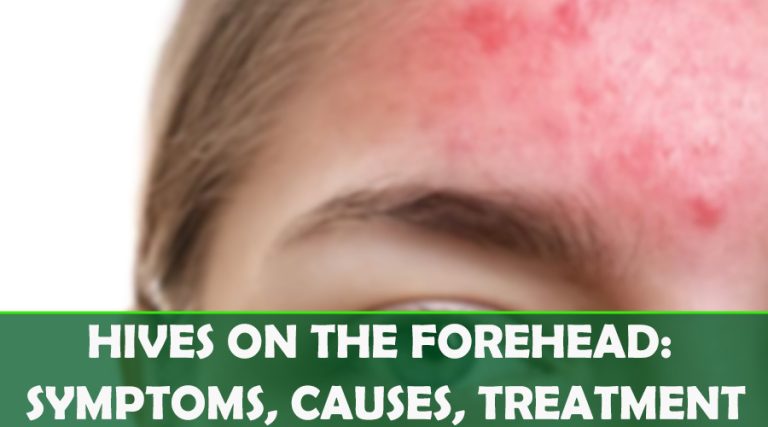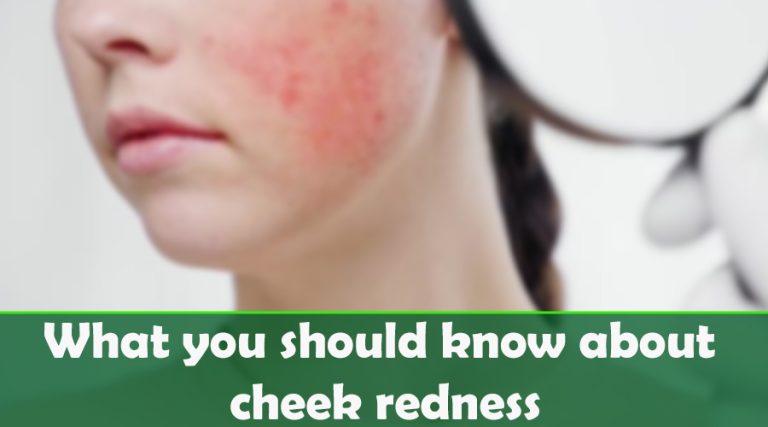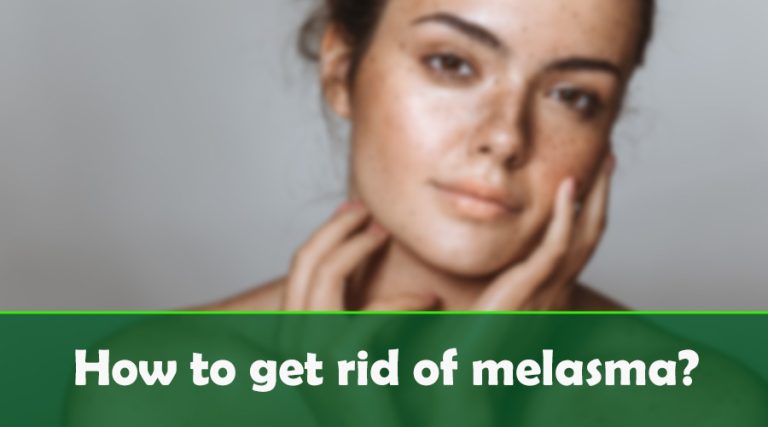Is your diet the cause of acne

Acne smartybet-turf.com is a very dianabol tablets common skin disease that Affects over 50 million Americans. Acne is caused by a combination of genetic and environmental factors. Today, the most common cause of acne is diet. Usually a high glycemic diet. Scientists have found that there are many foods that can cause pimples and cysts on your skin. Some of these foods include dairy products, sugar, fried foods, and processed meats. In this blog post, we will learn if your diet is the true culprit of your acne!
Foods that can cause acne

Acne vulgaris is a skin condition that can be caused by a variety of things, from genetics to lifestyle choices. Acne develops when your oil glands produce too much sebum, which can clog your pores, and hair follicles, and cause pimples, also called acne lesions, to erupt. A high glycemic load diet can mostly trigger acne. Here are nine foods that can cause acne:
- Dairy products: Milk consumption (skim milk), cheese, and cream all contain high levels of IGF-1, which has been linked to increased sebum production and inflammation in the skin.
- Wheat: Gluten is a protein found in wheat that has been linked to acne formation. Grains such as barley, rye, and oats are also high in gluten.
- Sugar: Sugars can trigger an inflammatory response in the skin and increase oil production.
- Fried foods: Many fried foods contain unhealthy fats and oils which can clog pores and cause acne.
- Chocolate: Chocolate contains caffeine and other stimulants which can aggravate acne conditions.
- Stress: When you are stressed, your hormones go out of balance leading to excess oil production and inflammation.
- Grilled or barbecued foods: Many grilled or barbecued foods contain unhealthy fats and oils which can clog pores and cause acne.
- Sugary foods and drinks: Sugars can trigger an inflammatory response in the skin and increase oil production. It increases your blood sugar levels. These are high glycemic foods.
- Alcohol: Alcohol is a diuretic that causes water to be lost from the body, which can lead to dehydration and increased oil production.
Fast food
Fast food is one of the most popular and affordable ways to get food. It is also one of the most unhealthy options. Fast food restaurants are usually cheap, but they are also high in fat and sugar. Fast food also causes many inflammation-causing chemicals and chemicals that are carcinogenic. Fast food contains saturated fats, trans-fats, sodium, and sugar which can cause acne. The fast-food industry is fighting against the public’s health concerns.
Acne can be a frustrating condition that requires professional care and often requires antibiotics to clear up. However, acne can also be caused by unhealthy habits such as eating fast food regularly.

A study published in the journal JAMA Dermatology found that people with acne were more likely to eat fast food on a regular basis than those without acne. The researchers asked participants about their dietary habits and then looked at their skin records to see if there was an association between dietary intake and skin lesions. They found that people with acne were more likely to have high levels of inflammation in their diets, which could lead to the development of acne.
Eating fast food may increase inflammation in the body, leading to the development of this common skin condition. In a study conducted in the United Kingdom, researchers found that food allergies were associated with more severe teenage acne. The researchers investigated over 500 patients and compared their skin to that of people without known allergies. They found that people who had food allergies had more severe acne than those without food allergies.
Refined grains and sugars
Sugars and refined grains are empty calories that can have a negative impact on your health. They can increase your risk of weight gain, heart disease, and diabetes. Replace refined grains and sugars with healthier options like whole grains, fruits, and vegetables to improve your diet. People with acne tend to consume more refined carbohydrates than people with little or no acne breakouts.
Fiber-eating foods high in dietary fiber lower your risk of developing digestive issues such as constipation and hemorrhoids. Fiber is found naturally in fruits, vegetables, whole grains, and legumes. Stress can cause many different health conditions, including acne.
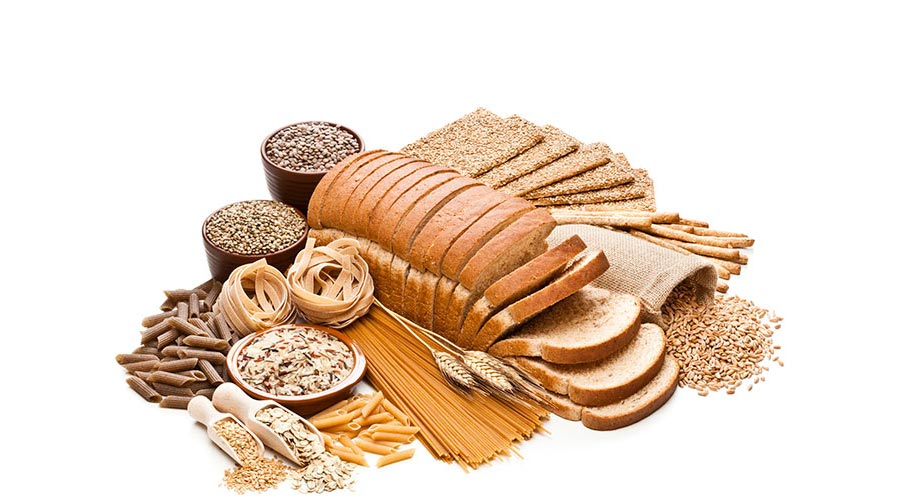
Acne is a skin disorder that can be caused by many factors, including the environment, genetics, and health habits. But what about refined grains and sugars? Could they be one of the culprits behind acne?
There’s some evidence to support this idea. Studies have found that people with acne are more likely to eat diets high in refined grains and sugars. And these foods seem to increase the production of acne-causing bacteria. So it’s possible that reducing your intake of refined grains and sugars could help reduce your risk of developing acne. If you do have acne, talk to your doctor about any potential treatments that may include dietary changes.
Foods rich in omega-6 fats
There is evidence that people who eat a lot of omega-6 fatty acids have an increased risk for heart disease. However, some experts say the benefits of eating some omega-6 fatty acids may outweigh the risks. Foods high in omega-6s include nuts, seeds, and vegetable oils like corn oil.
There is also evidence that people who consume a lot of omega-6s have an increased risk for inflammation and cancer. However, some experts say the benefits of eating some omega-6 fatty acids may outweigh the risks.
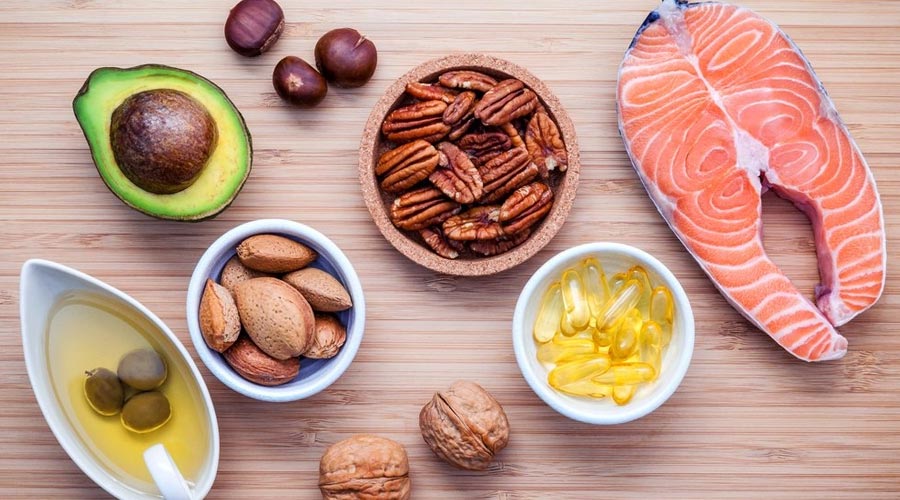
Acne is a common skin disorder that can be caused by many factors, but dietary choices may play a role. Foods high in omega-6 fats can contribute to inflammation and the development of acne. Omega-6 fatty acids are found in many processed foods, including fast food and junk food.
Eating these foods can increase your chances of getting acne. In addition, some cosmetics and personal care products contain omega-6s, which can also contribute to acne. Replacing saturated and trans fats with omega-6s may not be the best solution for preventing or managing acne, but it’s an important step in managing this condition.
Chocolate
Chocolate is one of the most beloved and widely consumed foods on the planet. It is also a popular ingredient in sweets and desserts. Chocolate can be made from a variety of ingredients, but the main one used is cocoa beans.
If you enjoy the taste of chocolate, you may want to reduce or eliminate your intake of these foods. Chocolate contains a lot of sugar, which is one reason why it can contribute to acne.

Acne is a skin condition that can be caused by a variety of factors, but chocolate has long been considered one of the key culprits. Chocolate contains high levels of sugar and caffeine, both of which have been linked to acne in the past.
Researchers at the University of Utah found that mice who were fed a high-chocolate diet had increased production of sebum, which is responsible for acne breakouts. While there isn’t enough evidence yet to say for certain that chocolate is directly causing acne in humans, it’s definitely something to keep in mind if you’re struggling with skin issues. Caffeine and chocolate are both stimulants, so it’s not surprising that they cause acne in some people. Chocolate is especially high in sugar, which can lead to the production of excess oil.
Whey protein powder
Whey protein powder has become increasingly popular in recent years, largely thanks to its ability to provide an abundance of essential nutrients and minerals while being relatively quick and easy to digest. In addition to its nutritional benefits, whey is also a very affordable option when it comes to supplementation, making it an excellent choice for those on a budget.
Acne is a common skin condition that can be caused by many factors, but one of the most common culprits is inflammation. The inflammation can be caused by anything from bacteria to certain chemical exposures, and one of the most common offenders is acne-causing protein powder.
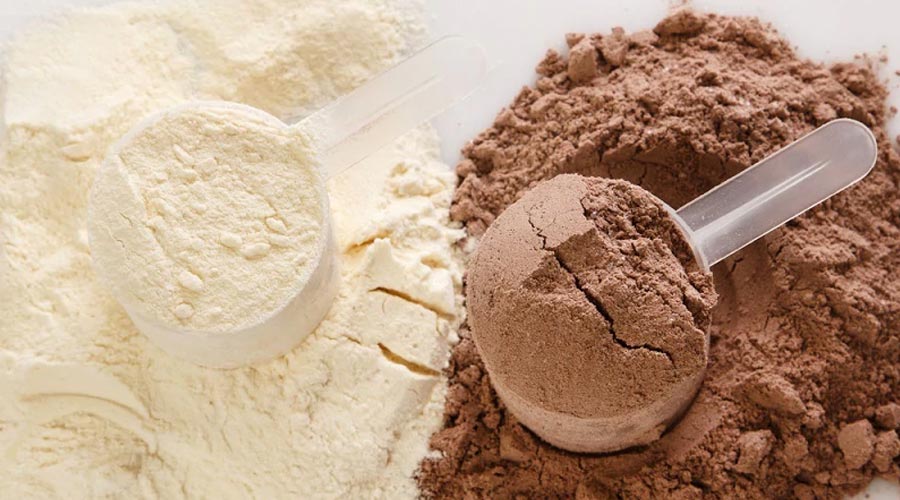
Protein powder is full of all kinds of inflammatory agents and when consumed in high quantities, it can cause an overproduction of sebum and an increase in the amount of Propionibacterium acnes (the bacteria that causes acne). Soy protein is particularly problematic because it contains a compound called genistein which has been shown to trigger inflammation in the skin.
So if you’re struggling with acne, make sure to avoid protein powders containing soy! And it doesn’t stop there…Other foods that you may want to avoid include dairy products, fermented foods, and alcohol.
Dairy products
Dairy products are a type of food that comes from cows. Cows are milked to get the milk that we drink. Milk is made up of different types of proteins, fats, and carbohydrates. The proteins help make our muscles and bones, while the fats and carbohydrates give us energy. Some dairy products are cheese, yogurt, sour cream, ice cream consumption, and tofu. There is also evidence to suggest that cow’s milk may also be linked to acne, but experts aren’t sure exactly why. Soy products are made from soybeans. Soy has been a staple in the diet for centuries in Asia, but recently it’s been introduced in North America and Europe. Soy foods include tofu, tempeh, soy milk, soy flour, and soy protein powder.

Acne is a skin condition that can be caused by many different things, but one of the most common culprits is dairy. Dairy products are high in testosterone, which can contribute to the development of acne. Additionally, dairy products are full of clogged pores, which can worsen your acne scars condition.
If you have acne and are looking for ways to improve it, avoid dairy products and focus on eating foods that will help clear your skin. Most people do not eat enough healthy fats. They live in a culture that encourages them to eat too much sugar and refined carbohydrates, which leads to the body storing fat instead of burning it.
What can you eat instead?
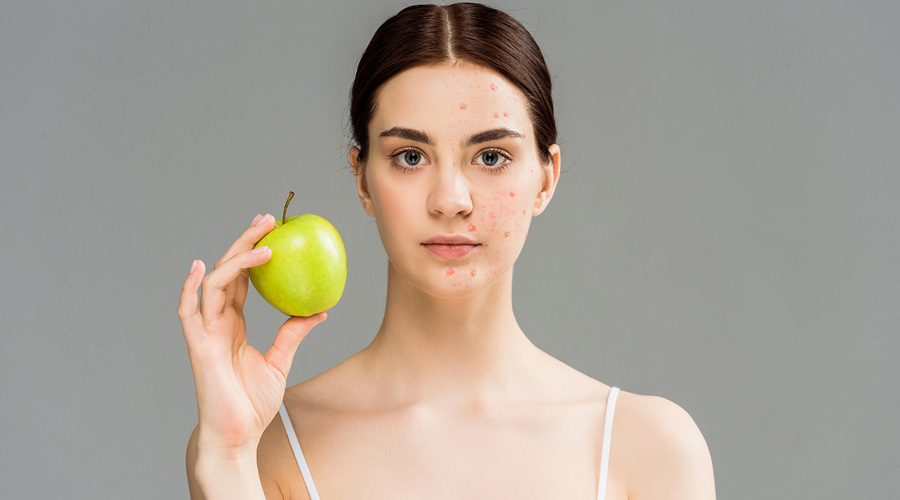
Acne is a pretty common problem, and it can be tough to know what to eat if you have it. Luckily, there are plenty of food choices that are healthy and allergy-free, so you can still enjoy your favorite meals without worrying about your skin. It is advisable to have low glycemic foods. Here are ten foods that are great alternatives for people with acne:
- Salmon is a great source of omega-3 fatty acids, which have been shown to help improve skin health. It’s also a good source of protein and vitamin D, both of which are important for preventing acne.
- Avocados contain antioxidants that have been shown to protect the skin against damage caused by free radicals. They’re also high in monounsaturated fats, which have anti-inflammatory properties.
- Eggs are a great source of protein and iron, both of which have been shown to help prevent acne.
- Tuna is a good source of omega-3 fatty acids, which are important for preventing acne.
- Bananas are a good source of potassium, which has been shown to help prevent acne.
- Quinoa is a great source of protein and iron, both of which have been shown to help prevent acne.
- Yogurt is a good source of protein, which has been shown to help prevent acne.
- Cheese is a good source of protein and calcium, both of which have been shown to help prevent acne.
- Black beans are a great source of fiber, which has been shown to help prevent acne.
- Oats are a great source of fiber, which has been shown to help prevent acne.
Inference
In conclusion, diet does not directly cause acne, but it can worsen the condition in people who are already prone to it. A balanced diet that includes plenty of fruits, vegetables, and whole grains is best for keeping skin clear and healthy.
Here are some other things to do if you struggle with acne:
- See a dermatologist: Dermatologists are specialists in the diagnosis and treatment of skin problems. They may perform a variety of tests to rule out other possible causes for an illness and determine the best course of treatment. dermatologists typically have a good understanding of the various skin types and can recommend products and treatments that will work best for each individual.
- Try over-the-counter acne treatments: Looking for an over-the-counter acne treatment that works? There are many available and each has its own benefits and drawbacks. To get started, here are two some of the most popular treatments:
- Benzoyl peroxide is the most common type of over-the-counter acne treatment. It works by killing the bacteria that is causing the skin to break out. Benzoyl peroxide should not be used on areas of the skin that are severely damaged or infected. It can cause irritation and drying, so it’s best to use it in combination with other topical treatments.
- Sulfur is another common over-the-counter acne treatment. It’s a natural ingredient that can help to clear up skin by killing the bacteria that is causing breakouts. Â It should not be used on areas of skin that are severely damaged or infected. Sulfur can cause irritation and drying, so it’s best to use it in combination with other topical treatments. The most popular prescription acne medication is topical retinoids (also known as tretinoin). These are drugs that stimulate skin cell growth and can help to dry up existing pimples. One of the most common topical retinoids is adapalene, which is available over-the-counter as Differin. It’s a great treatment option for mild to moderate acne.
- Use natural remedies: The use of natural remedies has been around for centuries and there are many people who swear by them. They believe that using these remedies can help to improve their health, often without any kind of side effects. There are a variety of different natural remedies available, so it is important to find the one that is right for you. Some of the most popular remedies include herbs, supplements, and vitamins. It is important to consult with a healthcare provider before starting any new remedy or supplement, as some may have side effects that you are unaware of.
- Adjust your diet: There are a lot of things you can do to adjust your diet to help improve your health and reduce acne. A low glycemic diet is recommended. Here are some tips:
- Eat more fruits and vegetables. They’re packed with vitamins, minerals, and fiber, which are all good for your health.
- Avoid certain foods such as processed and eat greasy foods as much as possible. They tend to be high in sugar, carbs, and unhealthy fats. Instead, try eating whole foods like fruits and vegetables.
- Drink plenty of water every day. It’s important to stay hydrated so you don’t get thirsty or sick.
- Try to get enough protein every day. Protein is essential for building muscle and keeping your body healthy overall.
- Avoid smoking cigarettes and using harmful substances like alcohol excessively. Both of these can damage your health over time.
- Make sure to get enough exercise every day!
- Get enough sleep: The American Academy of Sleep Medicine (AASM) recommends that adults get at least seven hours of sleep per night. While getting a good night’s sleep is important, it’s not the only factor in maintaining good health.
- Keep your skin clean and dry: It’s easy to forget the importance of keeping your skin clean and dry when it’s constantly covered in sweat or oil. But neglecting your skin can lead to a host of problems, including dryness, flaking, and irritation. Follow these easy tips to keep your skin healthy:
- Wash your face every morning and night with gentle soap and warm water. Avoid using harsh chemicals or scents, which can irritate your skin.
- Avoid wearing too much makeup or sunscreen; both can clog pores and lead to excessive dryness. Instead, use light skincare that allows your skin to breathe.
- Stay hydrated by drinking plenty of water throughout the day and evening. Stay away from alcohol, which dehydrates the skin even more.
- Use a retinoid cream daily if you have moderate to severe acne.
- If you are struggling with acne, consult a dermatologist to find out if there are any specific foods you should avoid.
FAQ
CAN DIET AFFECT MY ACNE?
Acne is a common skin condition that can be caused by many factors, but most notably by excess oil and bacteria. Diet has long been thought to have a small role in acne severity, although the link between diet and acne is still under investigation. Some studies have found that people with acne are more likely to have high levels of certain types of fatty acids in their blood, while others have linked specific foods to increased breakouts.
However, the results of these studies are inconclusive and more research is needed to determine whether specific dietary changes can help reduce or prevent acne flare-ups. In the United States, acne is the most common skin disorder among adolescents and young adults. It affects approximately 30% of people in their late teens, with more than 80% of cases occurring between the ages of 12 and 25.
WHAT DIET CAN CLEAR UP ACNE?
Acne is one of the most common skin problems in adolescents and adults. It can be caused by a variety of factors, including genetics and environmental exposures. A diet that is high in antioxidants may help clear up acne.
This diet includes foods like fruits, vegetables, and whole grains. It also includes foods that contain omega 3 fatty acids, which have been shown to reduce the risk of acne. You should also avoid processed foods such as fast food, packaged snacks, and sugary beverages.
WHAT FOODS MAKE ACNE WORSE?
Foods that can worsen acne include dairy products, greasy foods, and sweets. These foods can cause sebum production to spike, which in turn leads to inflammation and infection. Some foods that are particularly bad for acne include cheese, chicken skin, white sugar, and processed foods.
You should pay attention to your diet and include plenty of fruits, vegetables, whole grains, nuts, and seeds. You should also avoid foods that contain processed sugars, dairy products, and greasy foods.
WHAT FOODS HELP CLEAR ACNE?
Acne is a skin condition that can be caused by various factors, including genetics, hormones, and pollution. Acne can be treated with various medications and treatments, but it often clears up on its own with healthy living habits including eating a balanced diet and avoiding harmful chemicals.
Some foods that have been found to help clear acne include black beans, avocados, cauliflower, grapefruit juice, honeydew melon, and tomatoes. In addition to eating a healthy diet and avoiding processed foods, eating plenty of unprocessed carbohydrates is important as they help balance your insulin production.
HOW LONG DOES IT TAKE FOR A DIET TO AFFECT ACNE?
Acne is a common skin condition that can be caused by many things, including diet. It’s unclear how long it takes for a diet to affect acne, but experts believe that it can take up to two weeks for changes in the food you eat to show up on your skin.
There are a few things you can do to help speed up the process: avoid foods that cause acne, eat balanced meals, and drink plenty of water. There is no one-size-fits-all answer to this because everyone’s skin responds differently to different foods. However, you can use a combination of nutritional supplements and anti-acne prescription medications to help reduce your acne.

